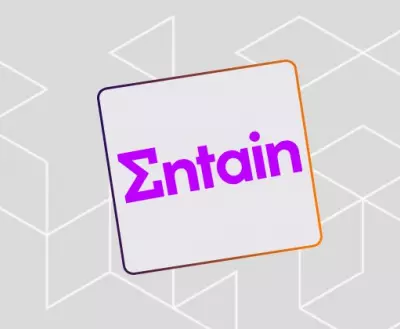Limiting the harms of problem gambling is amongst the most significant issues facing licensed gambling operators worldwide. While the vast majority of their customers enjoy gambling responsibly, and take their own measures to restrict their spending, a small minority of players still suffer from gambling problems, or excessively and obsessively lose money from their gambling.
This can have damaging social consequences in some cases, and has been amongst the major drivers of gambling regulation and the ever-increasing burden of compliance. Operators have tended to be amongst the most proactive in adopting measures to target problem gamblers – aside from any moral obligation, it’s also crucial for the long-term survival and health of their business. At PartyCasino we take responsible gaming very seriously and we also have a self exclusion tool for any player who feels they need to stop.
Self-exclusion has been seen as one of the most effect methods introduced by the industry, offering problem gamblers the chance to identify themselves, and to choose to exclude themselves from any further gambling with one particular operator. This solves the problem for operators of separating problem gamblers from regular punters, while giving individuals the opportunity to control their own gambling impulses by restricting the choice available to them.
Now, in Italy, a new approach to self-exclusion is being pioneered, which aims to take this concept a stage further. New laws introduced by the country’s AAMS gambling regulator will now make it possible for players to self-exclude from every single licensed operator in Italy, in one fell swoop.
The ‘one-stop shop’ model for gambling exclusion means players who have personally identified problems with their gambling can take a single, decisive step towards preventing them from gambling in future. All they have to do is complete a short, simple form, and their details will be added to a national register, known as the Unique Self-Exclusion Register, or USR.
There is now no need for players to self-exclude from each individual site, and the model is designed to make it easier for players identifying problems to effectively opt-out of the gambling industry in totality.
Whenever a name is added to the register, all licensed gambling operators will be expected to bar the individual from their site, including closing any accounts they may already have with them. Players can choose between a permanent restriction, or to restrict their gambling for a period of six months, depending on the type and severity of gambling issues they are facing.
On the downside, this new scheme has the potential to be administratively taxing for operators, who now need to ensure they comply with any and every update to the register. This increases the compliance and regulatory burden on operators, which is never good news.
Similarly, it’s foreseeable that a player could have problems betting on sports, but also enjoy other types of gambling, on a more casual basis – in this sense, a uniform, blanket self-exclusion could be the metaphorical sledgehammer to crack a nut.
However, in spite of these snags, this feels like a policy that could have some success. Regulators elsewhere will be watching the situation in Italy as a test case.
If it proves to be effective in tackling instances of problem gambling, there could well be some merit in rolling out similar schemes in other licensed jurisdictions, as opposed to any further unnecessary restrictions on gambling operators directly.








